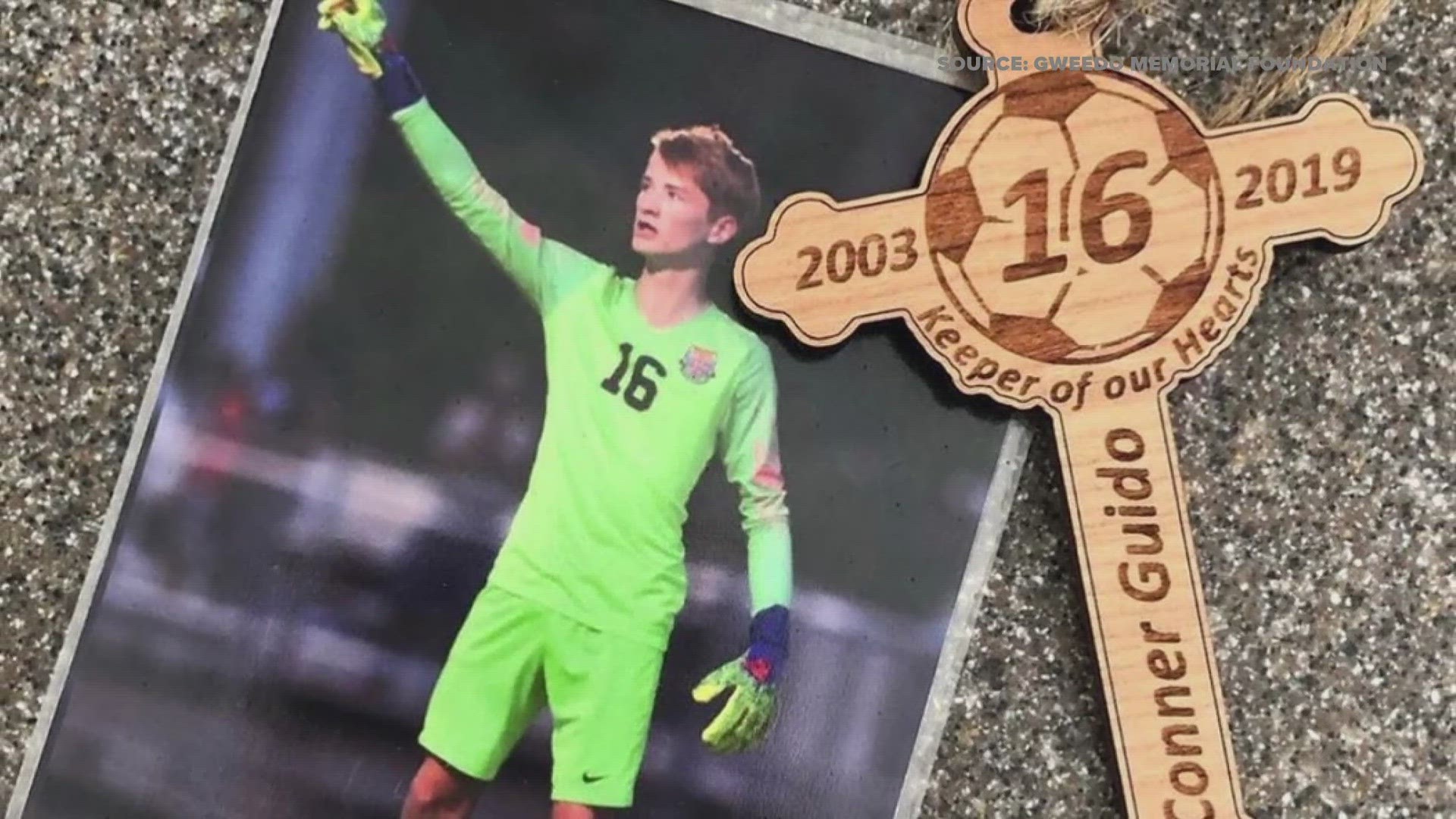GREENSBORO, N.C. — When you’re in the driver’s seat, you’re in control. But when you’re a passenger, your life is in someone else’s hands. That’s why one mother wants you to speak up if you feel unsafe. She lost her son in a crash.
Conner Guido was the type of guy who lifted everyone around him.
"He was a beacon of light. I don't know anyone who didn't like him. He was full of energy and life. And I think his whole objective in life was to make people laugh,” Mom Tammy Guido said.
But on homecoming night 2019:
“Conner's girlfriend called me and said Miss Tammy there's been an accident. We rushed to the crash site which was less than a mile from our house. And it had already been coordinated over. And I did everything I did to get to my baby barring trying to fight the officer to get him,” Tammy said. “I knew when I got the phone call he was dead. Just call it a mother's instinct."
Tammy says the pain of losing her son was made worse when she found out how the crash happened. Conner had been riding in the car with a new friend driving.
"He was not supposed to be riding with him,” Tammy said. “This teenager was unlicensed underage and had been showboating. He took off about 70 miles in a 35. He had newly transferred to our school, so we didn't know he didn't have a driver's license. If a teenager shows up driving a vehicle, you'd assume he has a driver's license because parents wouldn't let you drive without a driver’s license, right?”
Every year about 25,000 passengers like Conner die in car crashes across America. The National Road Safety Foundation wants you to know it's okay to be a backseat driver if you feel unsafe.
“If they feel the driver is driving recklessly, whether it's speeding, being distracted by a cell phone, driving aggressively, tailgating, zooming from lane to lane, cutting people off, these are all things that can cause a crash. And you as a passenger have a right to speak up,” said David Reich with the National Road Safety Foundation.
But a lot of passengers won’t speak up because they are worried about the driver getting angry with them.
“It's not always easy,” Reich said. “Sometimes a driver will say ‘Hey don't be a backseat driver’ or ‘Mind your own business.’ If that happens you should just try to explain ‘Hey listen, you're making me nervous. I'm scared and I also care about you. I don't want you to get hurt or worse. So please take it easy.’”
Here are three ways experts say you can protect yourself as a passenger. First, as we know to have a designated driver on a night out drinking, have a designated texter who can respond to texts for the driver. Also, buckle up. About half the passengers who died were not wearing a seatbelt. And if you want to anonymously report someone's bad driving instead of confronting them about it, you can do that on ifyouseesomethingsaysomething.org.

